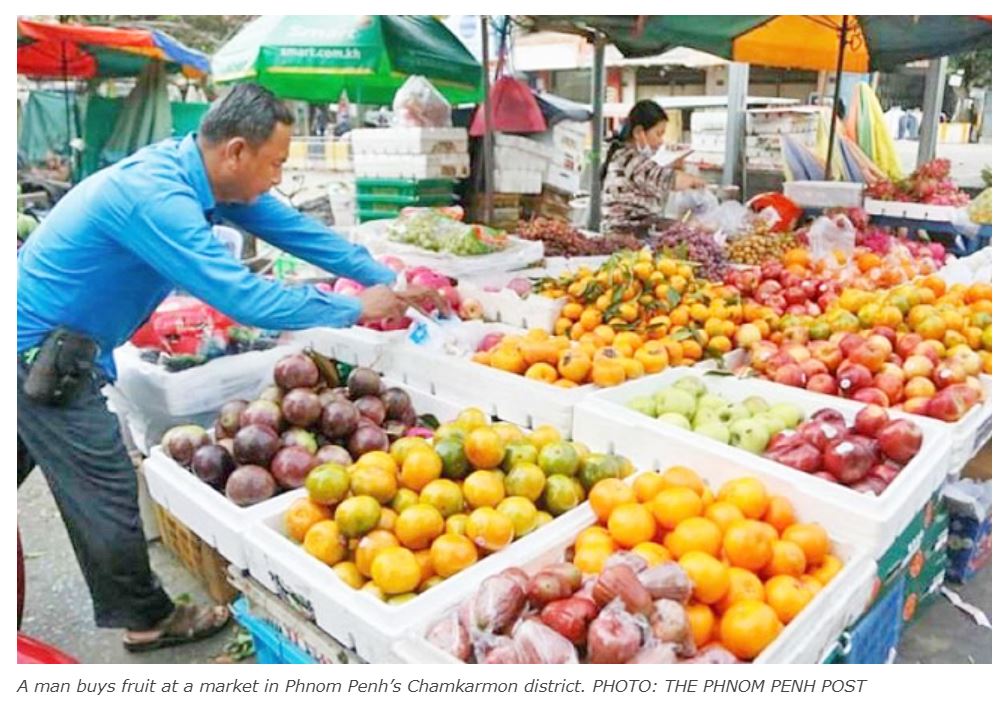Cambodia’s first-quarter inflation rate falls to 1.9pc
ANN/THE PHNOM PENH POST – Cambodia witnessed an average annual inflation rate of 1.9 per cent in the first quarter of 2023, down from 5.9 per cent a year earlier and 3.2 per cent in the fourth quarter, as the protracted Ukraine situation and international geopolitical tensions continued to stifle global consumer demand and impede trade growth, according to the Finance Ministry.
This has been interpreted as evidence of how adeptly the Kingdom has managed macroeconomic stability as well as exchange rates.
In its first-quarter economic and financial statistics bulletin, the Ministry of Economy and Finance explained that the global economic outlook is uncertain as high inflation persists amid unfavourable financial market circumstances.
This comes after the International Monetary Fund (IMF) in April reported that, despite the impact of spillover from global economic uncertainties, the Cambodian economy is on track to grow by 5.6 per cent in 2023, even if world growth is predicted to slow to 2.8 per cent this year.
The finance ministry attributed the Kingdom’s high predicted rate to relatively strong growth in non-garment manufacturing industries – export-oriented or otherwise. It also noted that the tourism sector is experiencing a significant recovery as local and international travellers return.
The bulletin credited the lower domestic inflation rate to downtrends in prices for oil and gas as well as foods, revealing that the average exchange rate for the January-March period stood at KHR4,083.99 per US dollar, up 0.51 per cent year-on-year from KHR4,063.26 but down 1.08 per cent quarter-on-quarter from KHR4,128.72.
Royal Academy of Cambodia economist Ky Sereyvath put the Kingdom’s comparatively low first-quarter inflation rate down to declines in prices of globally-important commodities, especially oil and gas. However, he explained that the low rate also suggests a downturn in domestic demand and, consequently, a slowdown in sales, preventing price increases.
He underscored that, even at low levels, positive inflation “does not mean that prices are falling, simply that commodity rates are rising more slowly than usual … and that indicates a decrease in overall demand”.
“The retreat in inflation also reflects the government’s focus on macroeconomic stability as well as public order and the welfare of the populace,” he said. “Exchange-rate management by the NBC (National Bank of Cambodia) also functions as an effective monetary mechanism for inflation.”


 Thailand
Thailand




